History of Chemistry
History of Chemistry
Chemistry, the scientific study of the properties, composition, and transformations of matter, has a rich and complex history. Here are some key milestones and contributions from different periods:
Ancient and Classical Periods
Alchemy
- Ancient Egypt and Mesopotamia: Early practices of proto-chemistry involved metallurgy and the preparation of medicines.
- Greek Alchemy: Philosophers like Democritus proposed the idea of atoms, small indivisible particles making up matter.
- Arab Alchemy: Jabir ibn Hayyan (Geber) is often considered the father of chemistry, known for his systematic experimentation and the discovery of several chemical processes and substances.
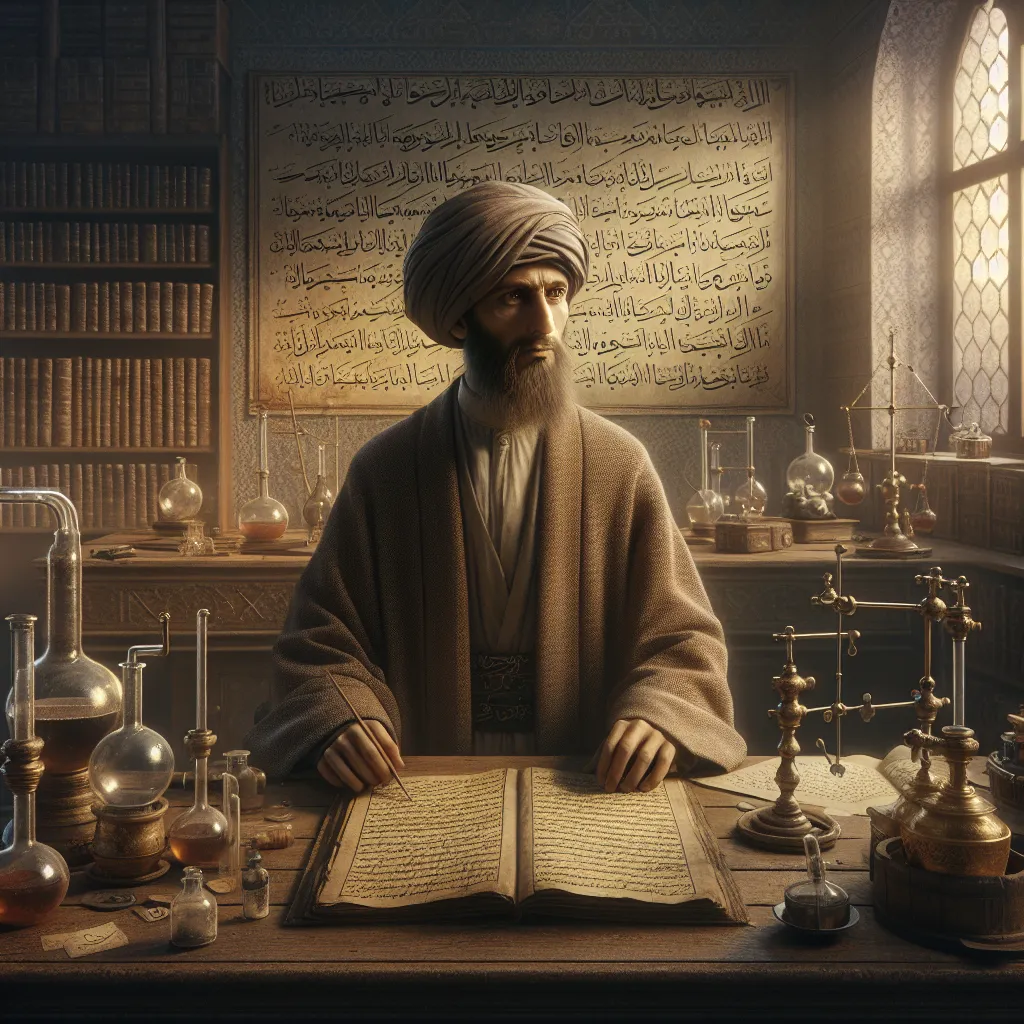 Description: A depiction of Jabir ibn Hayyan, an influential figure in early chemistry, known for his work in alchemy.
Description: A depiction of Jabir ibn Hayyan, an influential figure in early chemistry, known for his work in alchemy.
Renaissance and Enlightenment
The Birth of Modern Chemistry
- Robert Boyle: Often regarded as the first modern chemist, Boyle’s work in the 17th century laid the foundations for the scientific method in chemistry. His most famous work, “The Sceptical Chymist,” argued that matter is composed of atoms and clusters of atoms in motion.
- Antoine Lavoisier: Known as the “father of modern chemistry,” Lavoisier established the law of conservation of mass and helped construct the modern system of chemical nomenclature.
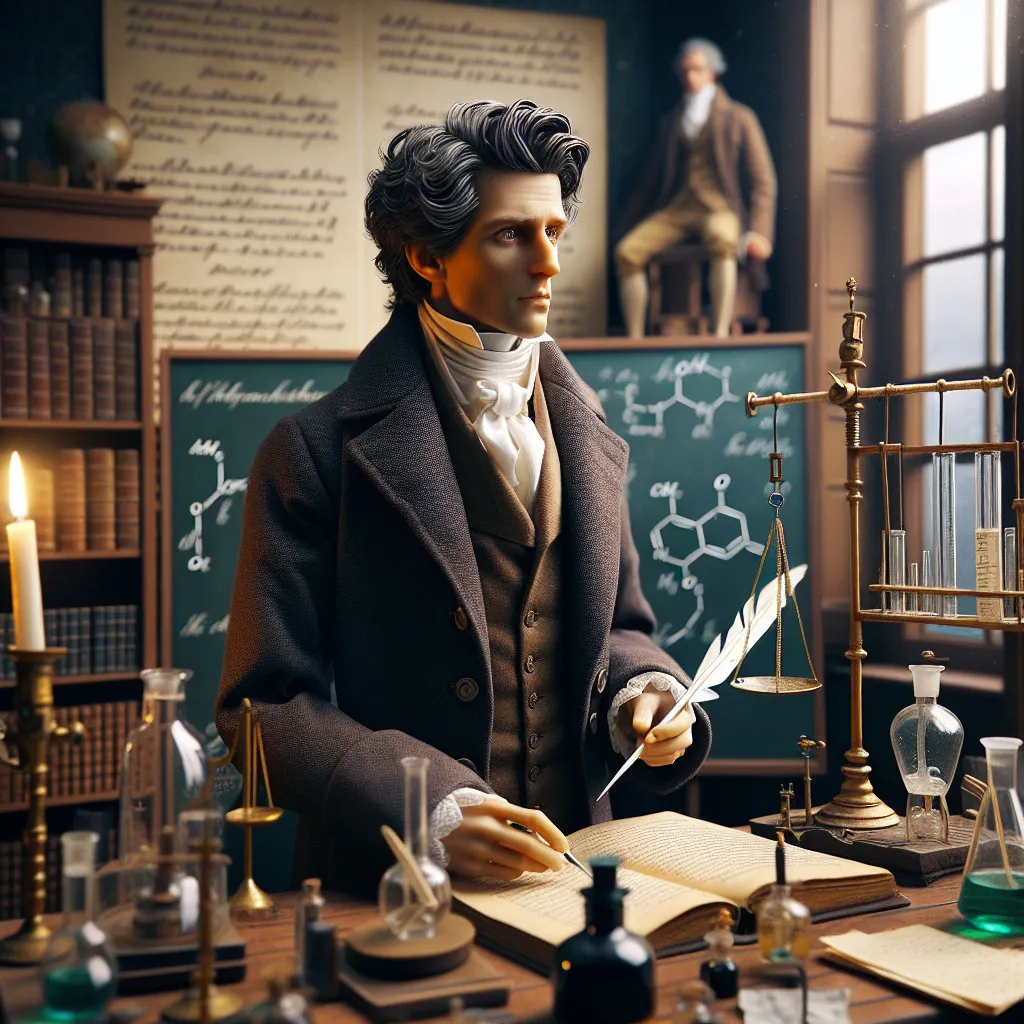 Description: A portrait of Antoine Lavoisier, whose contributions fundamentally transformed chemistry into a rigorous science.
Description: A portrait of Antoine Lavoisier, whose contributions fundamentally transformed chemistry into a rigorous science.
19th Century
The Development of Chemical Theory
- John Dalton: Proposed the atomic theory of matter, stating that all matter is composed of atoms, indivisible and indestructible particles, and that chemical reactions involve the rearrangement of these atoms.
- Dmitri Mendeleev: Created the periodic table of elements, organizing elements by their atomic mass and properties, which predicted the existence and properties of new elements.
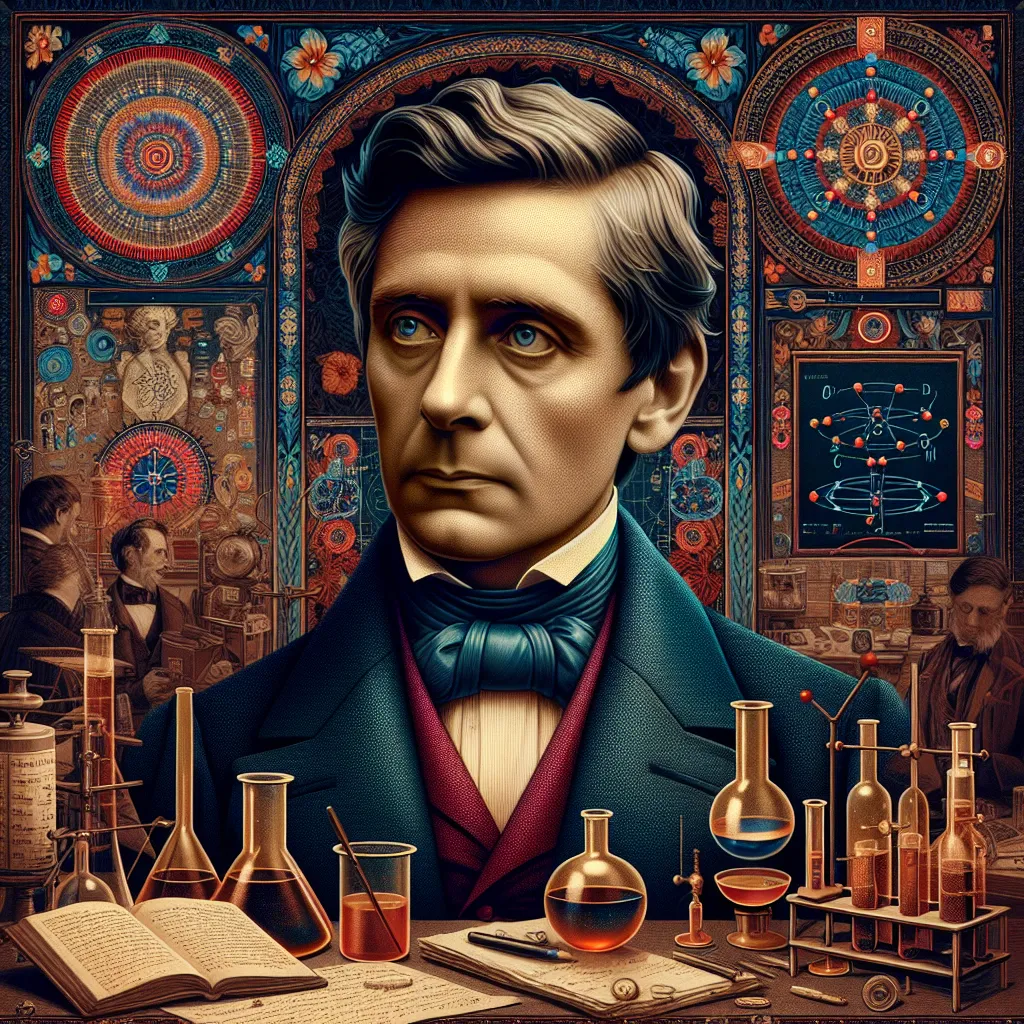 Description: A portrait of John Dalton, best known for his pioneering work on the atomic theory.
Description: A portrait of John Dalton, best known for his pioneering work on the atomic theory.
20th Century
The Chemical Revolution
- Marie Curie: Conducted groundbreaking research on radioactivity, leading to the discovery of the elements polonium and radium.
- Linus Pauling: Made significant contributions to the understanding of chemical bonding and the nature of chemical reactions.
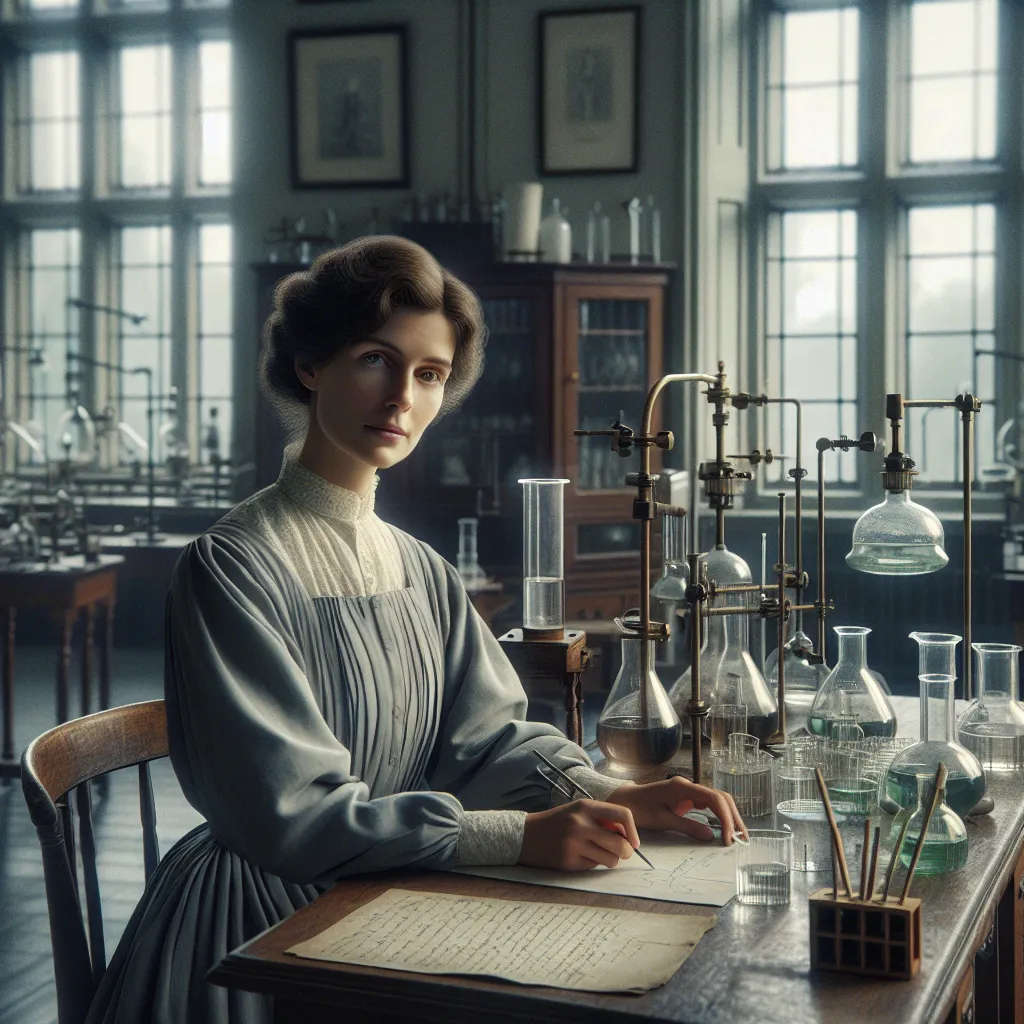 Description: A photo of Marie Curie, who was awarded two Nobel Prizes for her work in physics and chemistry.
Description: A photo of Marie Curie, who was awarded two Nobel Prizes for her work in physics and chemistry.
Modern Chemistry
Advances and Applications
- Polymer Chemistry: The development of synthetic polymers revolutionized materials science, leading to the creation of plastics, nylon, and other synthetic materials.
- Biochemistry: The study of chemical processes within and relating to living organisms has advanced our understanding of genetics, disease, and the molecular basis of life.
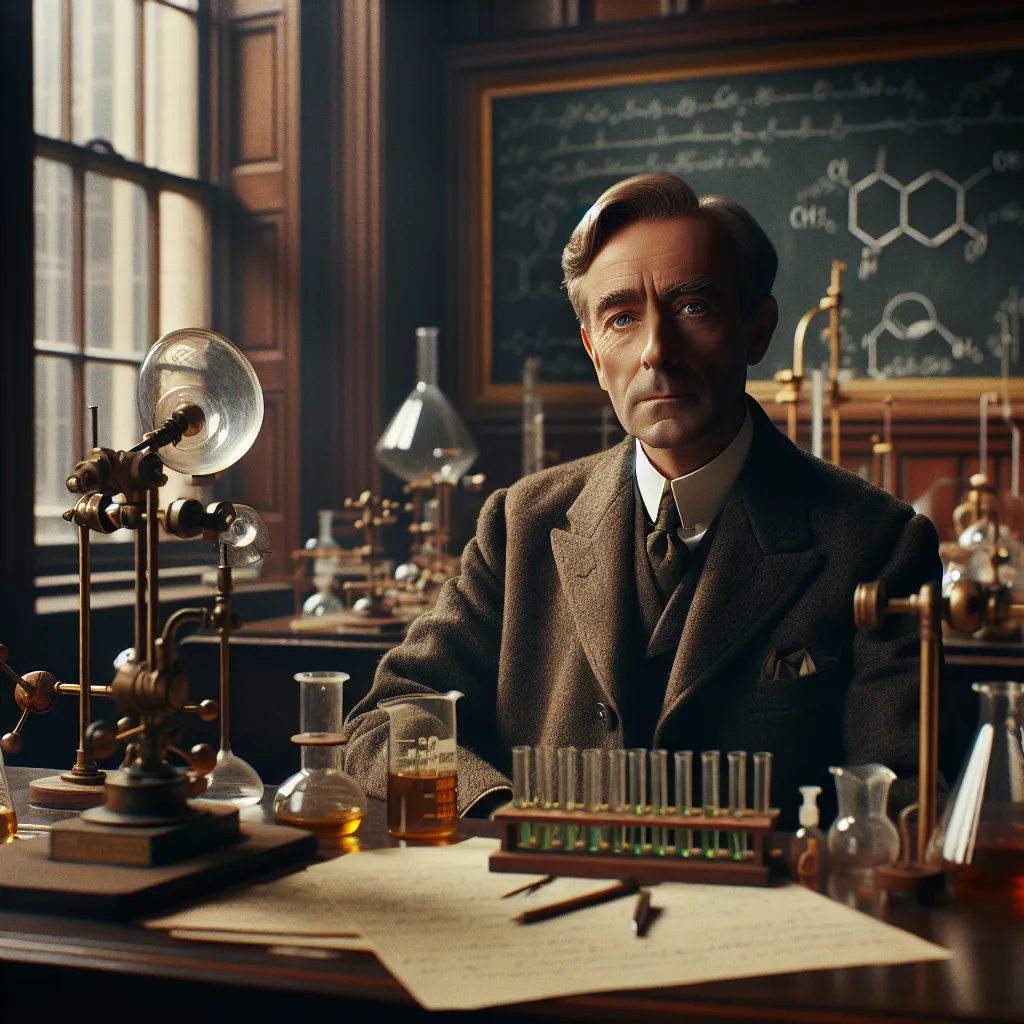 Description: A portrait of Linus Pauling, whose work on chemical bonding earned him a Nobel Prize in Chemistry.
Description: A portrait of Linus Pauling, whose work on chemical bonding earned him a Nobel Prize in Chemistry.
Further Reading
For more detailed information on the history of chemistry, you can explore the following resources: